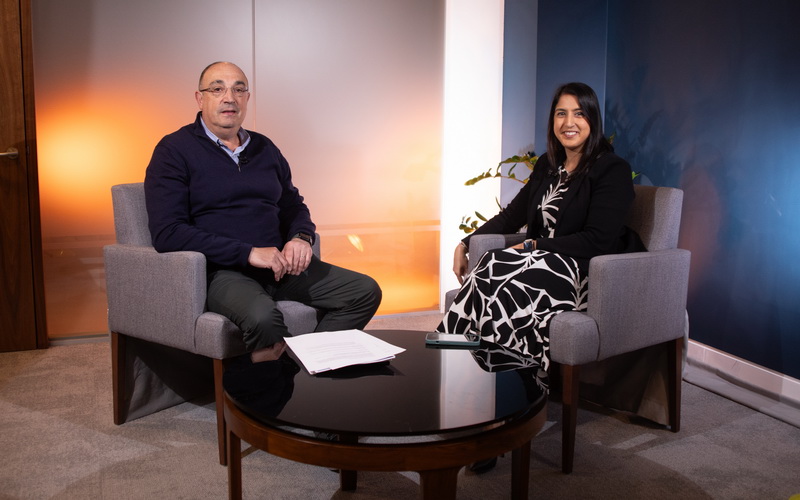VAT and digital platforms
Who is liable for VAT in the Sharing Economy?
The definition of the ‘Sharing Economy’ has changed dramatically as a result of digital evolution, so what does it mean today? Generally, it refers to individuals offering either their work or their assets on a temporary basis to other individuals, usually via a digital platform or app.
However, as ‘sharing’ does not necessarily mean providing anything for free, VAT is due in principle, and the question of who has to pay it over to the UK tax authorities, HM Revenue & Customs (HMRC), is not always easy to answer.
In recognition of this, and as the Sharing Economy keeps growing, the Government issued a Call for Evidence on the Sharing Economy’s VAT challenges and published its responses in July 2021. There are, of course, challenges well beyond VAT, and that is why the Government further published a consultation on the reporting rules for digital platforms.
The main VAT concern is, obviously, the loss in VAT revenues. It is worth noting that this is mainly not due to suspected fraud, which is a separate concern, but simply because of how the VAT system, and in particular the VAT registration threshold, currently works. Where individuals start generating income, they are not required to register for VAT and charge VAT to their customers unless and until their taxable turnover exceeds £85,000 p.a. For many individual service providers, this time will simply never come, and they will be therefore able to offer their services and assets VAT-free on a continuous basis, i.e., significantly cheaper than their VAT-registered competitors.
Unless the Sharing Economy has opened markets and opportunities that did not exist previously, customers can therefore be expected to move away from VAT-registered suppliers to those who do not need to charge an extra 20%, particularly in relation to holiday accommodation, transportation, and domestic and professional services.
This is of course not dissimilar to any other sector, but what makes the difference here is the involvement of the platform and app providers. Quite often, the involvement, branding and advertising of the platform providers can create the impression that instead of being a mere agent or intermediary they are the actual provider of the underlying services. In some cases, they actually are. For example, who does an Uber passenger think provides the service to them?
The VAT rules on principals (making sales in their own name) and agents (arranging sales in someone else’s name) are often difficult to apply as is evidenced by a wealth of litigation. The difference for HMRC is huge.
- Where a VAT-registered platform is acting as principal, HMRC receives VAT income on the full value of the services and assets provided via the platform.
- Where a platform is acting as agent, HMRC will only receive VAT income on the platform’s commission and most of the services and assets can probably be provided VAT free by the individual services providers.
HMRC are currently challenging the platform OnlyFans on exactly this question at the Court of Justice of the EU and unsurprisingly argue that the platform should pay VAT on all the services it facilitates.
At the moment the Government continues to look into and gather views on the Sharing Economy and VAT implications and has promised wide consultation on any proposed policy changes.
Would you like to know more?
If you would like to discuss this issue and how it relates to your business further, please get in touch with your usual Blick Rothenberg contact or Antje Forbrich using the details on this page.
You can also visit our Technology Hub for further insights.

You may also be interested in

Changes to FRS102 and it’s alignment to International standards

Unlocking Growth: What the Government’s 2025 Industrial Strategy Means for the UK’s Creative Sector













